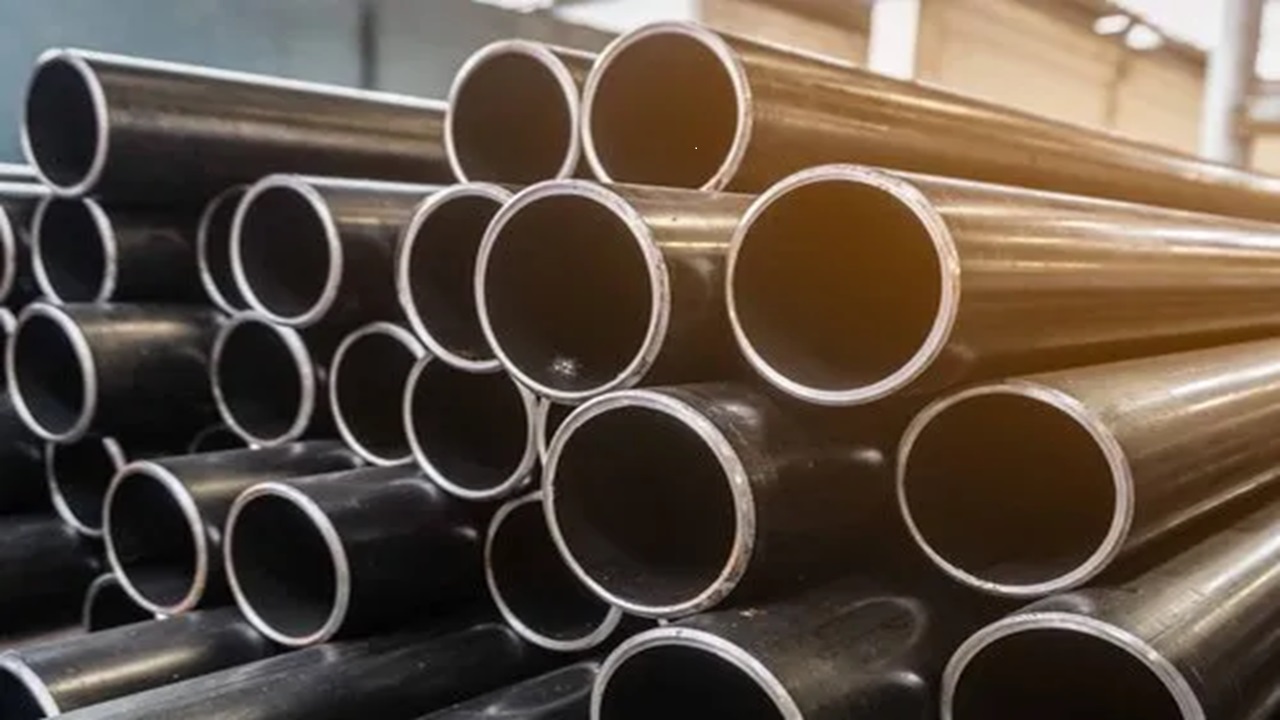The Crucial Role of Steel Pipes in Industrial Processes
Steel pipes, with their versatility, strength, and durability, play a vital role in the intricate web of industrial processes. From transporting fluids to providing structural support, steel pipes have become indispensable in various industries. In this article, we will explore the crucial role that steel pipes play in shaping and facilitating industrial processes, highlighting their diverse applications and significance in ensuring the efficiency of complex systems. In this comprehensive study, the steel pipe supplier emerges as a vital collaborator, playing a pivotal role in facilitating the intricate processes of construction, manufacturing, and energy sectors.
Fluid Transportation
One of the primary functions of steel pipes in industrial processes is the seamless transportation of fluids. Whether it’s water, oil, gas, or chemicals, steel pipes provide a reliable conduit for the efficient movement of these essential substances. Their resistance to corrosion and high-pressure capabilities make them ideal for applications such as pipelines in the oil and gas industry or water distribution systems. The durability of steel pipes ensures the integrity of fluid transportation, minimizing leaks and ensuring a consistent flow.
Structural Support and Construction
Steel pipes serve as essential components in the construction of various structures, providing robust structural support. In industries such as construction and infrastructure development, steel pipes are utilized to create frameworks for buildings, bridges, and tunnels. Their ability to withstand heavy loads and resist external forces makes them crucial for ensuring the stability and longevity of structures. Steel pipes are often preferred for their strength-to-weight ratio, allowing for the construction of durable and cost-effective frameworks.
Heat Transfer and Cooling Systems
In industrial processes where temperature control is critical, steel pipes find applications in heat transfer and cooling systems. The thermal conductivity of steel makes it an effective material for transferring heat from one point to another. Steel pipes are commonly used in power plants, manufacturing facilities, and other industrial settings to create efficient heat exchange systems. Their reliability in handling high temperatures and pressures makes them an integral part of processes that require precise temperature control.
Oil and Gas Exploration
The oil and gas industry has a significant dependence on steel pipes for various purposes ranging from drilling to transporting extracted resources. Seamless steel pipes are specifically preferred for their strength and ability to resist corrosion in challenging environments. These pipes are widely used in exploration, extraction, and transportation processes to ensure the safe and efficient flow of oil and gas from wells to processing facilities and ultimately to end-users.
Chemical Processing
In chemical manufacturing, where the handling of corrosive substances is common, the resistance of steel pipes to chemical degradation is a key advantage. Steel pipes are employed in chemical processing plants for the transportation of acids, alkalis, and other corrosive chemicals. The robust nature of steel pipes ensures the integrity of the system, preventing leaks and contamination during the chemical manufacturing process.
Waste Management and Sewer Systems
Steel pipes contribute significantly to waste management and sewer systems. In urban and industrial settings, steel pipes are utilized to create efficient sewage and drainage systems. Their durability and resistance to corrosion are crucial in handling the diverse and often challenging substances found in wastewater. Steel pipes provide a reliable solution for the effective disposal and management of waste, contributing to environmental sustainability.
Conclusion
In conclusion, the crucial role of steel pipes in industrial processes cannot be overstated. From fluid transportation to structural support, heat transfer, and chemical processing, steel pipes are versatile components that form the backbone of various industries. Their strength, durability, and resistance to corrosion make them indispensable in ensuring the efficiency, safety, and reliability of complex industrial systems. As industries continue to evolve and innovate, the enduring significance of steel pipes in facilitating industrial processes remains a testament to their vital role in shaping the modern industrial landscape.



Benedict
Benedict loves to travel. He has explored many different cultures, and he loves to try new foods. His favorite pastime is exploring new places, and He always looks forward to his next trip.